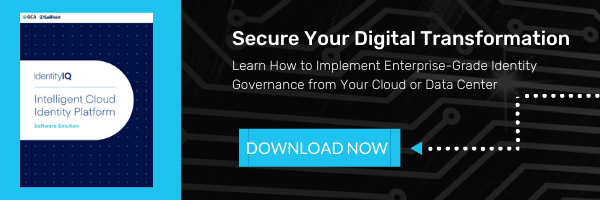Data Is Disruptive
As the world has progressed to a digital, always-online landscape, the human mindset has shifted considerably in how we process data, what we share with complete strangers, and what we value in goods and services. We have evolved so much so that in one generation, we have gone from “Don’t talk to strangers” to “let’s give a random stranger our exact location and get in their car”. This trusting mentality has, for the most part, added unprecedented opportunity for consumers and businesses alike. It seems like we are always at the cusp of disrupting some aspect in our lives, whether it be how we get around, how we communicate, or even how we receive healthcare. While the benefits of technology advancements are easy to discern, the subsequent side effects are less obvious.
Altered Perception of Data
Our increased trust in products and services has led us down a path where we have lost our perceived value of data, even our own personal data. We are okay with giving out our email addresses to any company that asks, sharing our addresses in order to get Elon Musk’s new flamethrower, and posting personal pictures (with name, location of photo, etc.) of our families online. With our altered perception of the value of data, we no longer value some of the components that make us who we are as much as we once did. While that in itself is troubling, our viewpoint on what happens with our data is even more alarming. When we decide to do business with an organization, we are agreeing to provide certain pieces of information so that we can pay for goods/services, validate our identities, agree upon contractual terms, etc. We are also giving the business something extremely important: our trust. We trust them with our data and inherently expect them to protect that data at all costs. The problem is, we are at a point in history where company data breaches are an all-too-common occurrence. The constant news reports of another high-profile company losing millions of customer records to malicious attackers has completely de-sensitized us to the magnitude of these breaches. We feel helpless and powerless to stop our data from being compromised in some fashion, which has made us complacent. The problem with this mindset is that it takes away the pressure from the businesses we trusted so much with our data. While a $57,000,000 fine may seem ginormous to the average consumer, to the company that received it (Google), it equated to about .00053 of their annual revenue, or about 4.5 hours worth of work. The expectation that some higher entity will hold large corporations accountable in order to protect personal data is a pipe dream at best. Until our mindset shifts once again and we begin to truly value our personal information (or at least understand the importance of it), we will stay on this negative trajectory and continue to see significantly negative repercussions of our data falling in the wrong hands.
Adding Value to your Data
So how can you make an impact on such a pressing problem? Surprisingly, the solution isn’t as daunting as the problem itself. It simply requires taking a step back and bringing back the more traditional mindset that our personal information, the information that makes us unique, is special and should be treated as such. As it applies to most things it life, we can make significant progress simply by achieving the proverbial ‘low-hanging fruit’, such as:
- Before you sign up for that cool new farming simulator app, think to yourself if you really need to be giving your full name, phone number, and email address to yet another company. Alter your perspective and ask yourself why the heck a farm app would want to know your location even when you’re not using the app. By reducing the amount of companies you share information with, you have already reduced your risk significantly.
- Set up an email address that is used SOLELY for your most important services, such as banking institutions, health insurance providers, and family-relevant services. That way, you can mitigate the email address (and services associated with it) being compromised.
- Set up an additional step in the verification process when logging in to any application or service that you use. In this day and age, we’ve got fingerprint readers and facial recognition scanners in the palm of our hands that are far more secure than traditional passwords. If a business can’t offer another way for you to authenticate besides a password, seriously consider whether you need that business’s product or service in your life.
Be the Crusader for Your Data
We live in arguably the most exciting time in history in terms of the technological advancements offered to us in a multitude of ways. However, as Uncle Ben famously says, “With great power comes great responsibility”. As we evolve at a faster and faster rate, it is imperative that we, the humans evolving, ensure that we don’t lose our focus on what makes us unique or our emphasis on the importance of our identities, as well as the value of our data.
At GCA, we strive to protect organizations and their customers while maintaining the importance of identity. We specialize in Identity and Access Management services in order to ensure that the right users are getting access to the right data at any given time. Contact us today to see how we can help you on your IAM journey!
Looking to learn more? Download our guide by clicking below:




